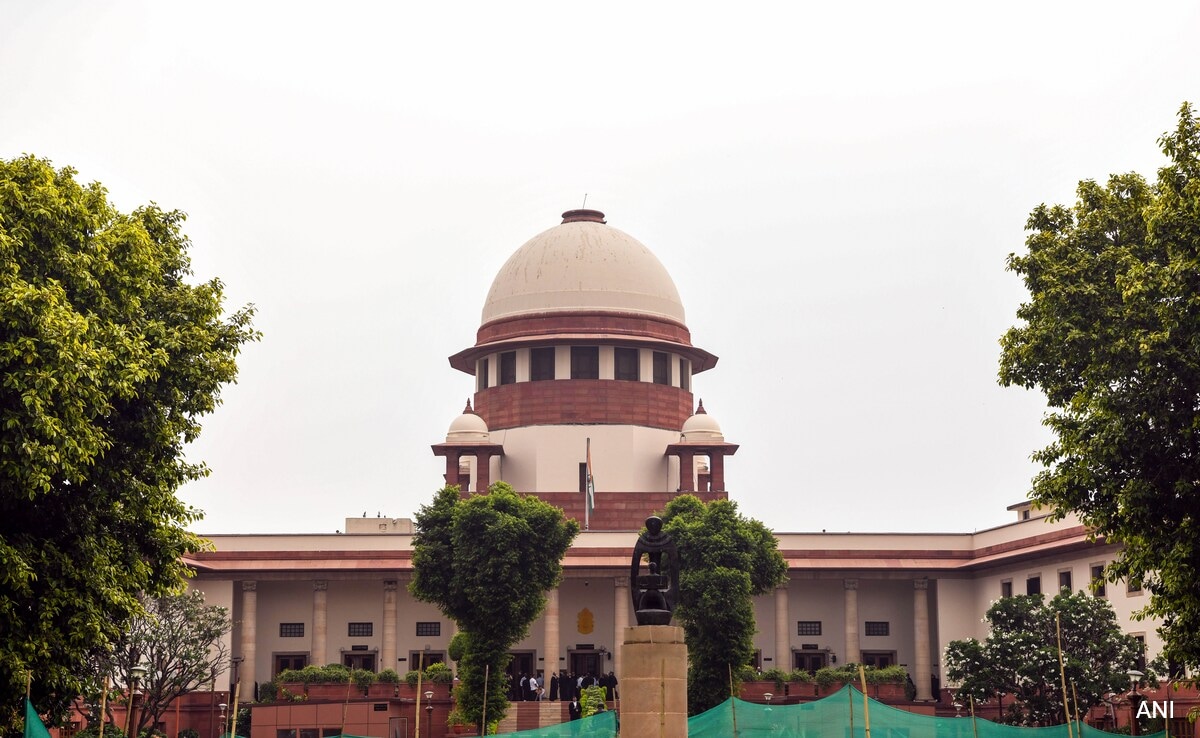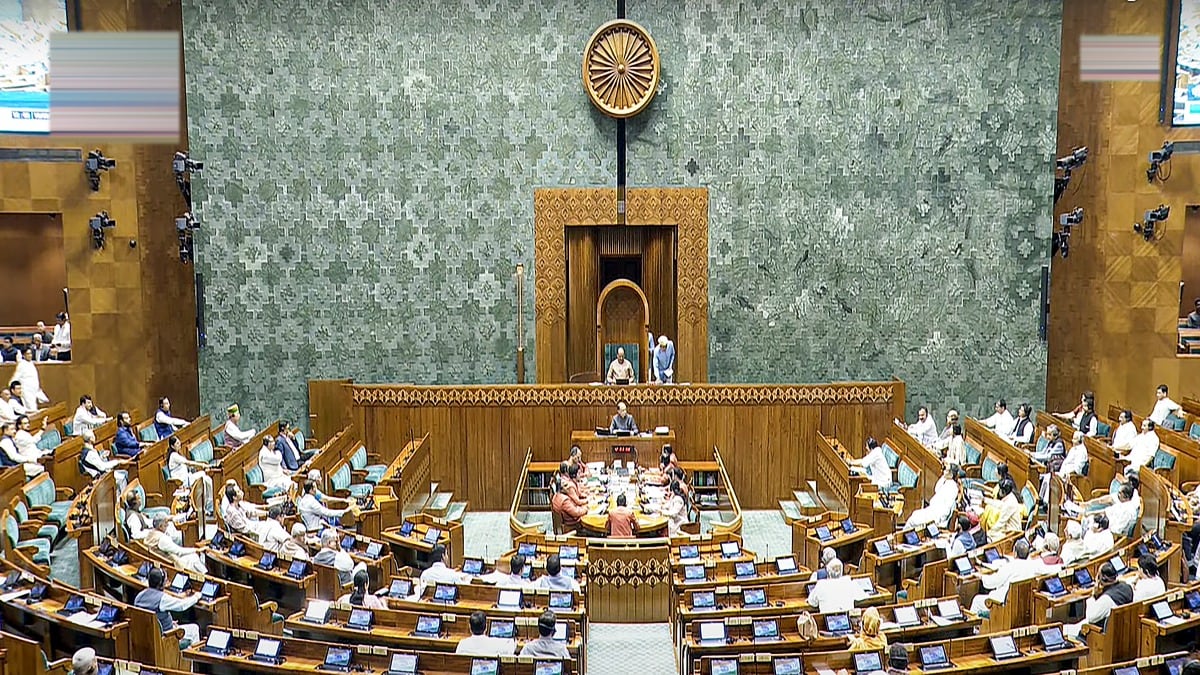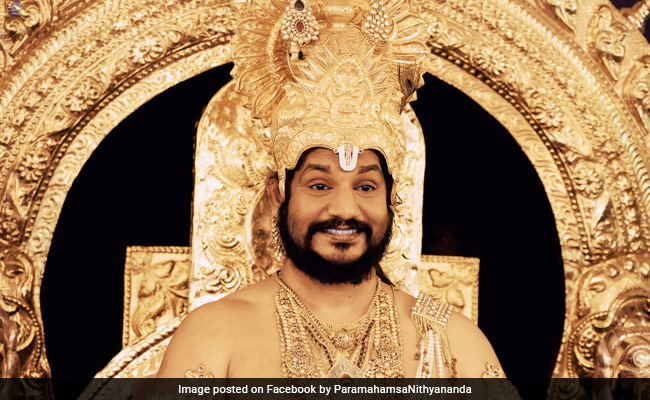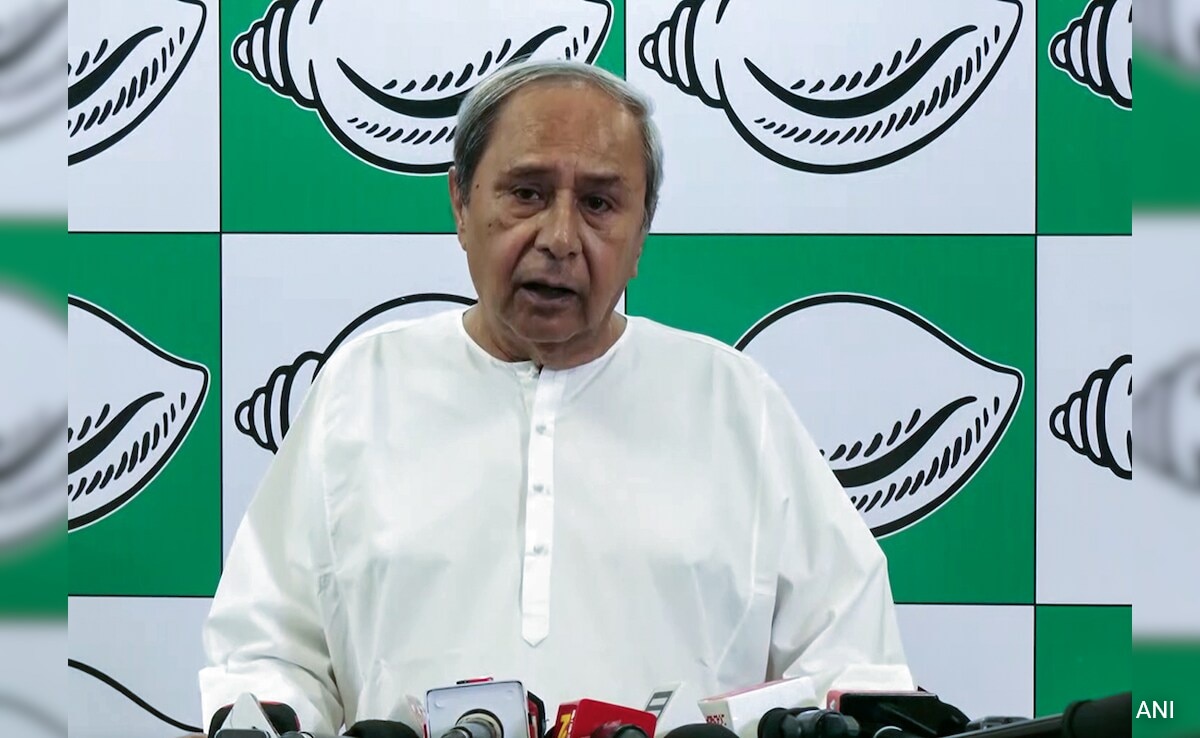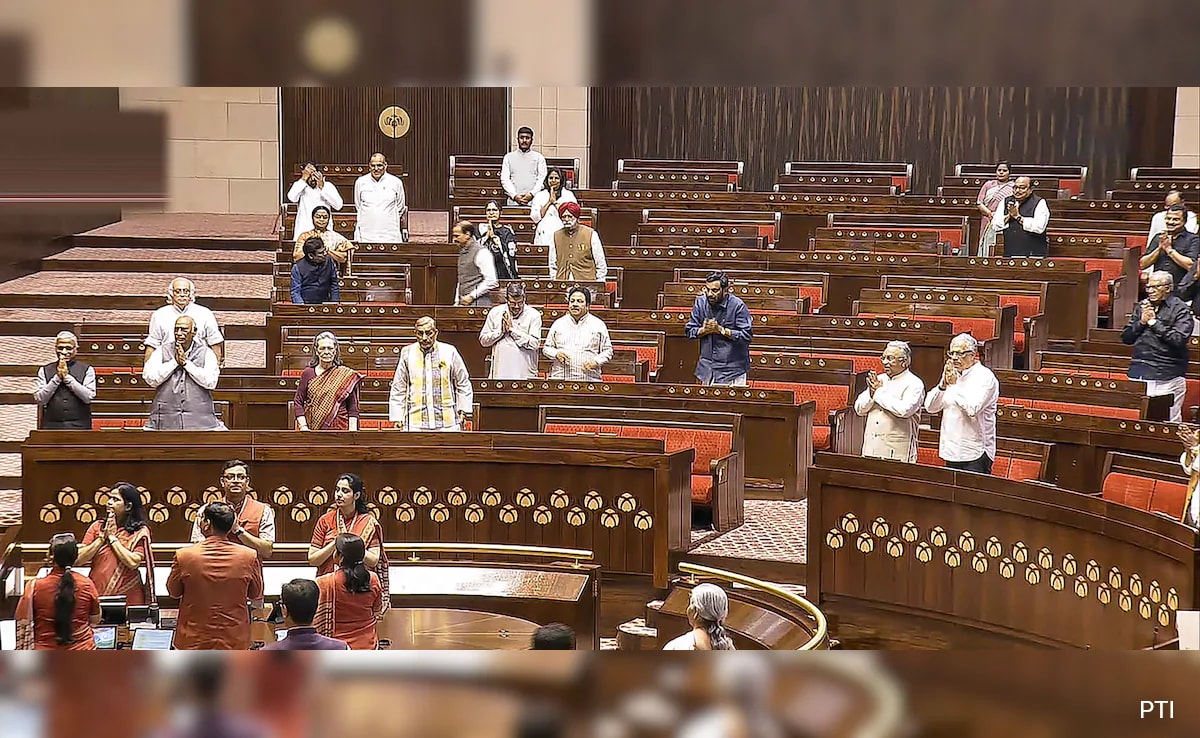Observing even a criminal enjoyed certain protections, the Supreme Court has directed the director generals of police (DGP) of all the states and UTs to strictly adhere to all safeguards available to persons in custody.
A bench comprising Justices Ahsanuddin Amanullah and Prashant Kumar Mishra called the police a very vital part of the state machinery, having a direct bearing on the safety and security of the society at large and individuals in particular.
“The need, therefore, for maintaining the confidence of individuals and society-at-large in the police is paramount,” it added.
The court referred to a checklist shown by the counsel for Haryana under Section 41(1)(b) (ii) of the Code of Criminal Procedure, 1973.
“Perusal of the same prima facie does not inspire confidence. Rather, it appears that only as a formality, the same has been submitted. We express our strong reservations with regard to filling-up of the checklist in a mechanical manner,” the bench’s March 26 order said.
The top court’s observations came after a man alleged he was held by Haryana Police in violation of the law on arrest aside from being subjected to physical abuse during his detention and inside the police station.
In support of such argument, the petitioner’s counsel referred to an e-mail sent by his brother at around 11.24 am on the same day to the superintendent of police concerned over his brother’s alleged arrest.
The counsel alleged physical torture in the police station was only after the e-mail was sent to the higher officials “as a knee jerk reaction” and an FIR was lodged two hours later at around 1.30 pm.
The top court observed there appeared to be “evident high-handedness” on the part of the police.
“Even if a person may be a ‘criminal’, the law requires that he be treated in accordance therewith. Even a ‘criminal’, under the law of our land, enjoys certain safeguards in order to ensure protection of his person and dignity. In this case, the petitioner, when picked up by the police, was at best an accused,” the court said.
“It is possible to state that a common man can be expected to exceed his limits (whereafter appropriate action in law shall ensue), but not the police,” the bench said.
The top court cautioned the police officers concerned to be careful in future.
“The director general is also directed to ensure that such type of occurrences do not recur and there should be zero-tolerance on behalf of the senior officer(s) with regard to any alleged transgression of authority by any subordinate officer(s),” it added.
The court was “confident” that the DGP was “appropriately sensitised” and the “transgressions of the nature alleged” would not happen again.
“Failing which, as and when the same is brought to our notice, a very strict view shall be taken, and coercive measures shall also follow against the errant personnel,” the bench said.
The bench further directed its registry to send a copy of its judgment passed in 2024 to all DGPs of states and UTs aside from the Delhi Police commissioner as a reminder “to adhere to all safeguards available to persons under custody”.
“A zero-tolerance approach towards such high-handed acts needs to be adopted as such acts, committed by persons in power against an ordinary citizen, who is in a non-bargaining position, bring shame to the entire justice delivery system,” the 2024 verdict had said.
(Except for the headline, this story has not been edited by NDTV staff and is published from a syndicated feed.)
